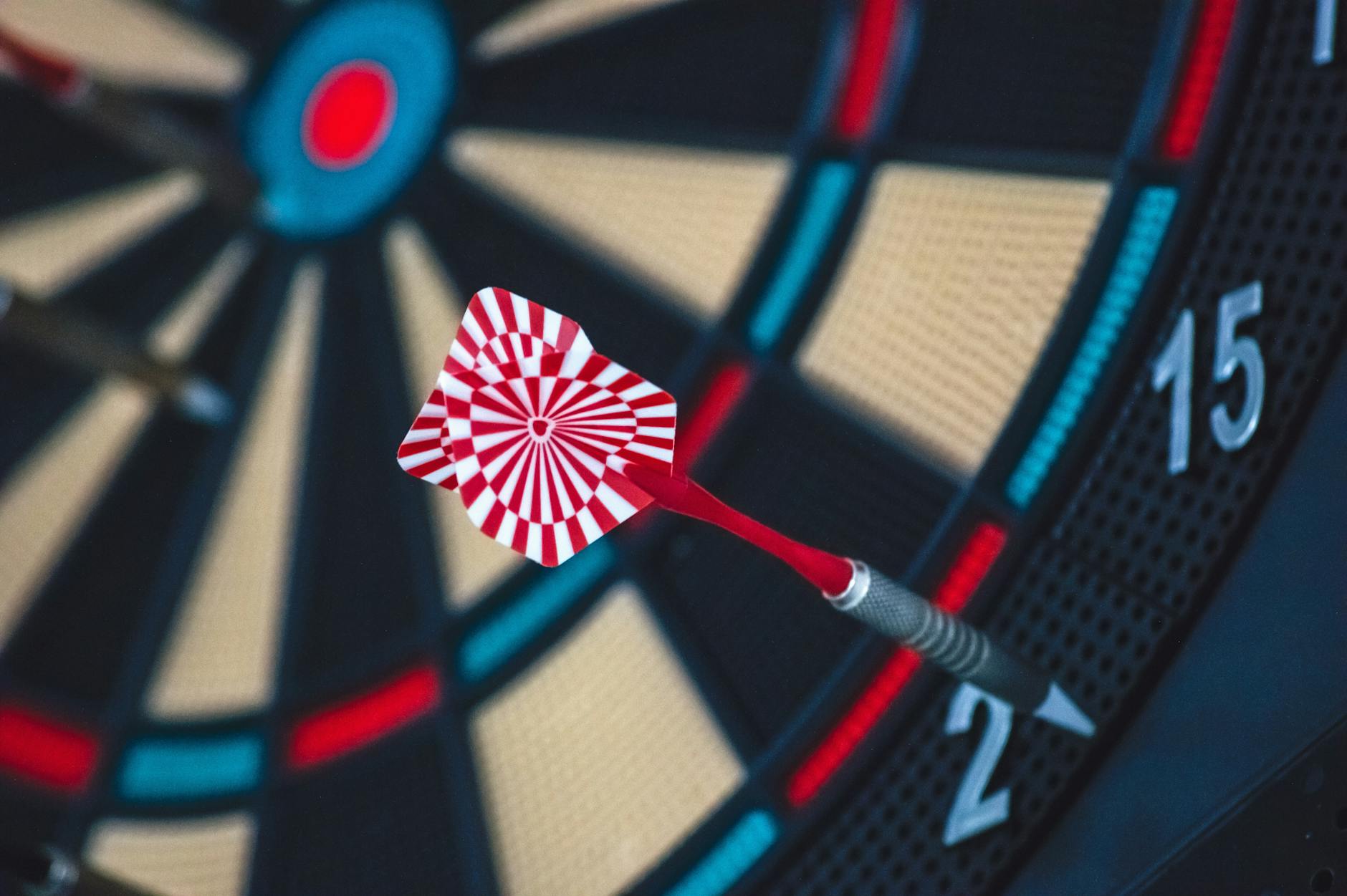A quick look at the negative manifestations of abuse in sports and how we can help create safer and more positive environments for everyone.
Invert City’s Positive Gym Culture
A positive gym culture exists when the ideals of positivity and respect govern your gym’s environment; at this point, everything else makes more sense. If […]
The Athlete First Approach Is The Best Approach
The Athlete first approach works on the premise that athletes are complex social beings and that respecting that complexity is crucial to a healthy career in sports.
Embracing the Unexpected: Thriving When Plans Go Awry
Ideally, our best-laid plans always lead to success, whether executing a flawless performance at competition or achieving our training goals in the gym. However, reality […]
Breaking Through Mental Blocks in Gymnastics and Acrobatic Sports
In this article, I aim to illuminate the often overlooked psychological aspect of gymnastics and acrobatic sports, offering insight and strategies for athletes facing mental […]
The Power of Intrinsic Motivation in Sports
This piece and the subsequent post about developing intrinsic motivation, result from a conversation with one of my athletes about performance. To ensure their future […]
The Critical Learn to Train Stage in Youth Sports: Unveiling the Potential
In the dynamic world of youth sports, the “Learn to Train” stage represents a pivotal chapter in long-term athletic development, typically between the ages of […]
The 7 Stages of Long-Term Athletic Development: Navigating the Path to Excellence
The concept of Long-Term Athletic Development (LTAD) provides a framework that guides athletes through a series of stages, each tailored to maximize potential and ensure […]








